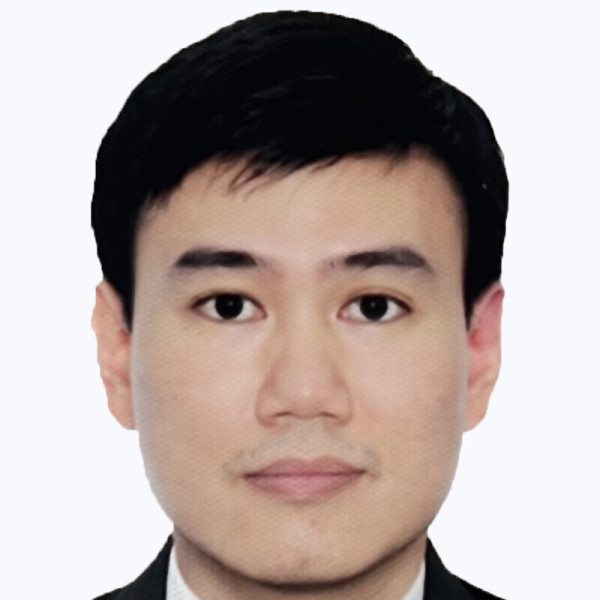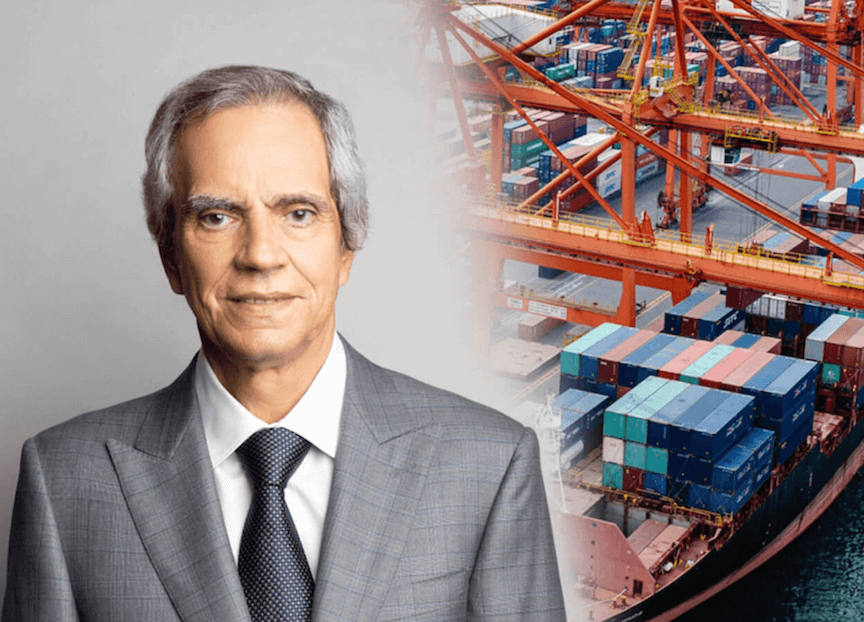

Philippine Ambassador to the US Jose Manuel Romualdez highlighted this strategy in his conversations with key US government figures such as Stephen Feinberg, deputy secretary for defense and chair of Cerberus Group, which controls the former Hanjin shipbuilding facility in Subic, Zambales.
“That is an example of how we can develop our relationship with the new administration where we have both economic and defense packaged into one, where we have economic benefits because of the investment made by Cerberus,” he said during a press briefing in Makati City on Tuesday.
“At the same time, it can also be part of our defense strategy. We will pursue this type of line where we can have both in one package,” added Romualdez, a cousin of President Ferdinand Marcos Jr.
Romualdez made the comments during a media briefing by the US-Philippines Society, where he was joined by John Negroponte, the group’s co-chair and former US Ambassador to the United Nations and former director of national intelligence, and Ambassador Thomas Hubbard.
China balancing act
Romualdez said the Philippines remains open to business with the US and China—the country’s biggest trading partner—notwithstanding trade tensions between the two world powers.
"I think, again, for any country, we must be able to expound on why we definitely want to continue with our economic relationship with China,” Romualdez said.
"There's no question about that. Especially now that it comes to climate change and what China has developed in terms of alternative energy. We have no choice but to work with them and other countries as well that believe in climate change,” he said.
“In the case of other trade matters which involve the United States and China, we definitely will have to just simply take a stand on the fact that if there is an alternative for us with the United States, of course, we would like to do it with allies like the United States,” he added.
New opportunities: Another semiconductor boom?
Romualdez believes securing a full free trade agreement may be difficult but sees an opportunity for a sectoral deal on natural resources and minerals.
With the global technology and artificial intelligence race heating up, he said the Philippines can attract semiconductor manufacturing shifting away from China.
“Even with semiconductors, while the US is trying to bring all of that back into the United States, we are one of seven countries that have been identified as trusted allies of the United States,” Romualdez said.
“So we can be a recipient of some of that semiconductor industry that's been moved out of China and moved back either to the US or trusted allies,” he added.
Watching Trump closely
Negroponte, who was US ambassador to the Philippines during the Ramos administration in the early 1990s, said it is still too early to tell how the second Trump administration will differ from the first.
“I think the one challenge in analyzing Mr. Trump and his behavior was true then and is true now is that while it’s important to pay attention to what he says, it’s even more important to wait and see what he does,” he said during the briefing.
“And then you spend a certain amount of time trying to figure out what it is that he wants to accomplish by the action that he has taken,” he added.
What’s next?
Negroponte said Trump’s policies in the first month have focused on immigration and securing US borders.
“There are a lot of things you can point to that suggest that our own hemisphere has a higher priority than other parts of the world,” he said.
Meanwhile, a meeting between President Marcos and President Trump is being arranged and could take place in the spring of 2025, Romualdez said.

Miguel R. Camus has been a reporter covering various domestic business topics since 2009.

